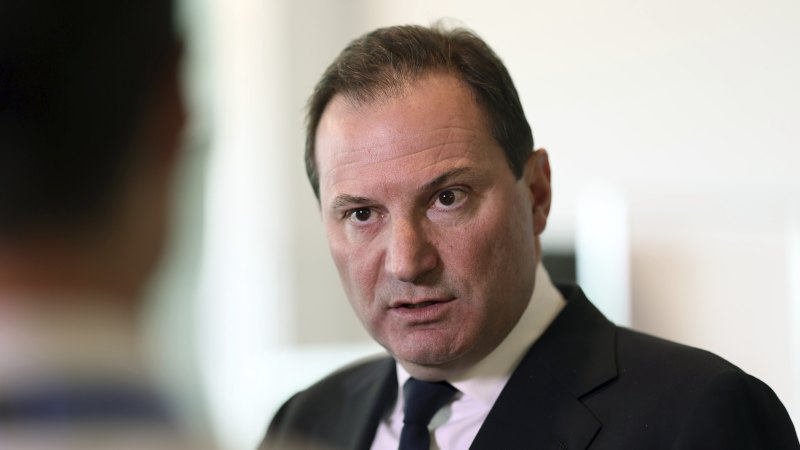
A proposal for 50-year mortgages, recently suggested by US President Donald Trump, has ignited a significant debate over its potential implications, particularly in Australia. Real estate expert Aaron Scott, co-founder of bRight Agent, has raised alarms about the dangers of adopting such long-term loans, warning they could entrap borrowers in a cycle of lifelong debt.
Trump’s proposition aims to make housing more affordable for Americans, referencing historical precedents set during Franklin Roosevelt’s presidency when 30-year mortgages became commonplace. However, Scott contends that if implemented in Australia, this could exacerbate existing financial burdens for homebuyers.
According to data from the Australian Bureau of Statistics (ABS), the average owner-occupier home loan currently stands at nearly $680,000. Scott argues that extending mortgage terms to 50 years would significantly increase the total interest paid over the life of the loan. He stated, “If you’re signing up to a 50-year mortgage, you’re essentially signing up to a debt trap for life.”
The crux of the criticism lies in the structure of repayment, particularly during the initial decade of a mortgage. Scott points out that the bulk of monthly payments in this period typically goes toward interest rather than principal, making it challenging for borrowers to build equity. He emphasized the misleading nature of seemingly lower monthly payments associated with such long-term loans, saying, “A 50-year mortgage, however you cut it, is essentially just prolonging this difficult part of the cycle.”
Concerns about the proposal are echoed by economists and housing advocates in the United States. Critics argue that extending loan terms could fuel housing market instability, inflate property values, and burden future generations with debt. Notable voices, including former banker and entrepreneur Jonathan Rose, have expressed skepticism about the viability of such a financial model. Rose questioned, “How is paying 200 percent in interest to the banks a ‘win’ for the average American family?”
Support for the idea has emerged from figures like Bill Pulte, Director of the Federal Housing Finance Agency, who referred to it as a “complete game changer.” Yet, many remain wary of its long-term consequences. CNBC journalist Ron Insana noted that the average age of a first-time homebuyer has risen to 40 years, up from 28 in 1981, raising concerns about the wisdom of carrying a mortgage into one’s senior years.
Scott advocates for a different approach to home financing, urging Australian homeowners to prioritize quicker loan repayments. “The quicker you can pay down your loan, the less interest you’ll pay, which will put you in a much better position,” he advised. This perspective highlights the importance of financial literacy and strategic planning when navigating homeownership.
As the discussion around 50-year mortgages continues, the ramifications of such proposals remain a critical topic in both the United States and Australia. The global response underscores the need for careful consideration of policies that could reshape the housing landscape and impact the financial futures of millions.






